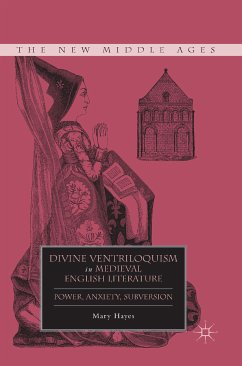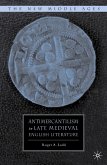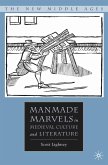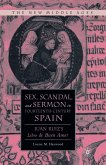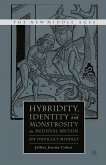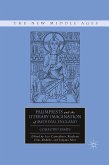Dieser Download kann aus rechtlichen Gründen nur mit Rechnungsadresse in A, B, BG, CY, CZ, D, DK, EW, E, FIN, F, GR, HR, H, IRL, I, LT, L, LR, M, NL, PL, P, R, S, SLO, SK ausgeliefert werden.
"Informative." - Church History
"This book does two things all medievalists can be grateful for. One, it demonstrates how literary theory can prompt and inform investigations and analysis of early literature without implying, much less insisting, that these texts are post-anything. Two, it tells a story of great importance to understanding the emergence of English literature from the Middle Ages to the threshold of the Early Modern: the story of the inexorable interrogation by medieval writers of speech, language, and their sources, including especially their source in 'belly-speech,' that will come to mean so much in comprehending the larger story of English literature by the late 1500s, when it throws its voices to all who have ears to hear - as it does still today." - R. Allen Shoaf, Co-founding Editor, EXEMPLARIA
"In this fine study, Hayes explores the theological implications of ventriloquism's founding assumption, namely, that voice is the sign of presence. She insightfully analyzes the specific kinds of voice-throwing that characterize medieval England from talking bibles to actors performing the Last Supper - in short, an entire vocal economy of mediated speech acts." - Valerie Allen, Professor of English, John Jay College of Criminal Justice, CUNY
"...Hayes offers keen insights backed with solid scholarship into the oral and auditory tensions of a wide range of texts, including several that have been little studied in modern critical frameworks." Sachi Shimomura, Journal of English and German Philology

